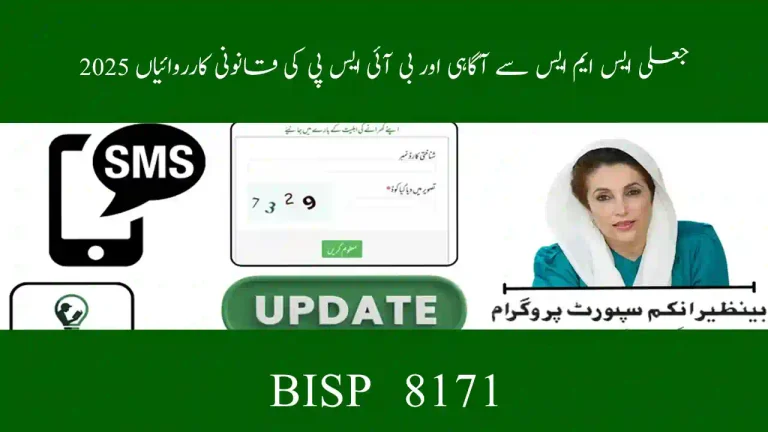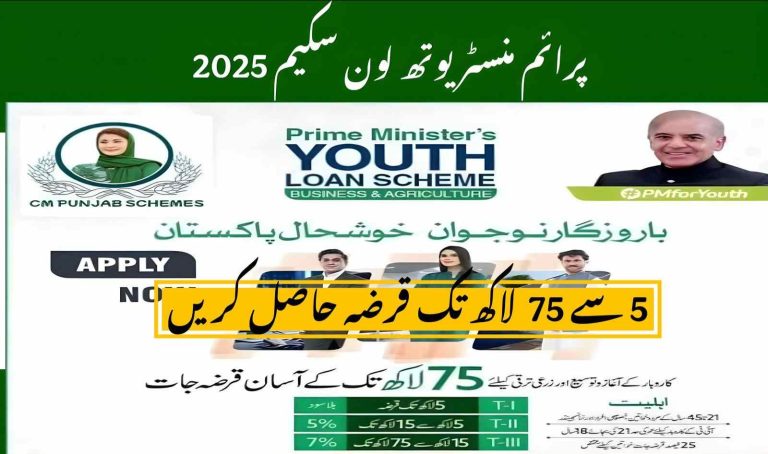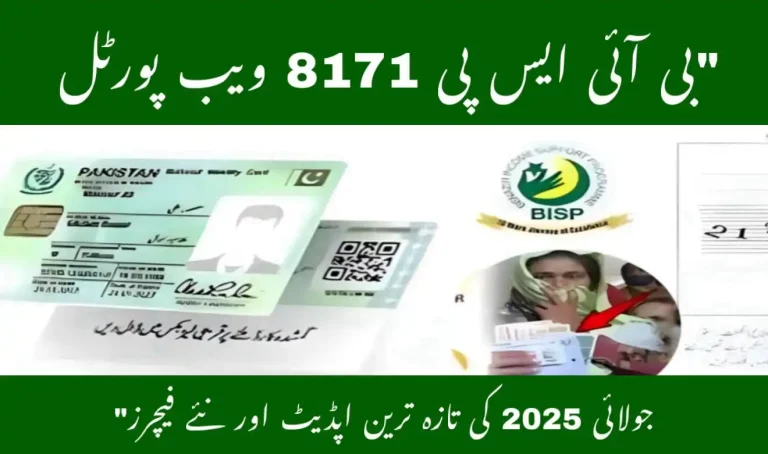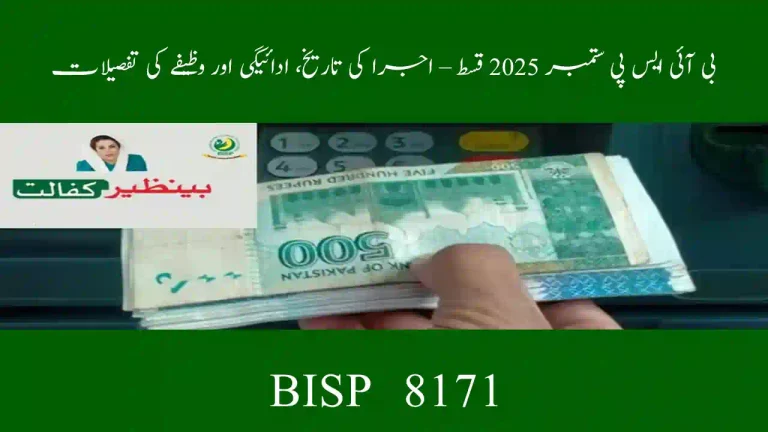Transgender Inclusion in BISP Payments – July 2025 Update

Transgender Inclusion in BISP: What Happened in July 2025?
As of July 2025, the Benazir Income Support Programme (BISP) had enrolled approximately 221 transgender individuals under its financial assistance scheme. This marked a significant milestone in Pakistan’s efforts to promote equal rights and access to government support for marginalized communities.
By officially recognizing transgender individuals as eligible beneficiaries, BISP has taken an important step toward social inclusion, dignity, and financial empowerment.
Understanding BISP and the Kafaalat Programme
The Benazir Income Support Programme is Pakistan’s main social safety net. It offers regular financial aid to families and individuals with low or no income. Its goal is to reduce poverty and provide a basic income to those most in need.
The Benazir Kafaalat Programme, a key part of BISP, provides quarterly payments of Rs 7,000 to women from poor households. In recent years, this support was extended to include transgender individuals, recognizing their vulnerable status in society.
When Did Transgender Inclusion Begin?
In late 2022, the BISP board approved a decision to open enrollment for transgender individuals who meet the program’s eligibility requirements. Those with a transgender designation on their national identity card (CNIC) were allowed to apply, provided they also passed the poverty scoring process used for all applicants.
By mid-2025, this inclusive policy had resulted in over two hundred transgender persons receiving quarterly payments under the Kafaalat programme.
How Transgender Individuals Can Apply
The process for joining BISP as a transgender person includes the following steps:
- Update CNIC:
The applicant must have a CNIC that lists their gender as “transgender,” issued by NADRA. - Complete BISP Survey:
Visit a nearby Benazir Registration Center and take the National Socio-Economic Registry (NSER) survey, which gathers data on income, household size, and living conditions. - Pass Eligibility Score:
Applicants must qualify under the poverty score formula, just like other beneficiaries. - Begin Receiving Support:
Once approved, recipients receive Rs 7,000 every three months, usually via bank transfer or mobile payment systems.
Why This Inclusion Is So Important
1. Financial Stability for a Vulnerable Group
In Pakistan, transgender people often struggle to find stable employment due to social stigma and lack of education. Many rely on informal or unsafe jobs. Receiving regular cash support can help them afford food, shelter, and basic healthcare.
2. Recognition and Legal Identity
By allowing transgender individuals to register and receive payments, the government is officially recognizing them as equal citizens. This action supports their legal rights and strengthens public trust in national institutions.
3. Promoting Fairness and Human Rights
This decision reflects a shift toward a more just and inclusive society, where help is given based on need—not gender identity. It also helps reduce social barriers and build acceptance over time.
Key Details from July 2025
Here’s what we know based on official updates:
- Number Enrolled: 221 transgender individuals
- Payment Amount: Rs 7,000 per quarter
- Eligibility Criteria: Updated transgender CNIC and poverty score approval
- Payment Method: Digital transfer through partner banks or payment centers
Frequently Asked Questions
How can a transgender person apply for BISP?
They need to update their CNIC to show their gender as “transgender,” then complete the BISP survey. If they qualify, they will receive quarterly payments like other eligible citizens.
Is the payment amount the same for transgender people?
Yes. Transgender recipients receive the same amount as other BISP beneficiaries—Rs 7,000 every three months.
Is there a separate category or quota for transgender people?
No specific quota exists. Transgender individuals are considered based on the same poverty criteria as women.
What documents are required?
The main requirement is a valid CNIC showing “transgender” as the gender. Additional household data is gathered during the survey.
Remaining Challenges
Even with this progress, transgender people still face several challenges in accessing the program:
- Low Awareness: Many do not know they are eligible for support.
- Documentation Barriers: Some struggle to get their CNIC updated due to lack of family support or legal guidance.
- Social Discrimination: Negative attitudes at public offices can discourage them from applying.
These issues must be addressed to ensure true accessibility and fairness.
How BISP Can Improve Inclusivity
To make this support more effective, here are some suggestions:
- Mobile Enrollment Units: Taking services directly to communities
- Gender-Sensitive Training: For BISP and NADRA staff to treat everyone with dignity
- Hotlines and Helplines: For applicants who face problems
- Awareness Campaigns: To reach more people with information in local languages
Final Thoughts
The inclusion of transgender people in the Benazir Income Support Programme shows a positive move toward fairness, compassion, and equality. By July 2025, hundreds of transgender individuals were already receiving support.
This decision is more than a policy change—it’s a sign of growing awareness and respect for human dignity. As more transgender people join the program, it is important to keep improving access, spreading awareness, and eliminating discrimination.
Programs like BISP are not just about giving money. They are about giving people a chance to live with dignity, participate in society, and look forward to a better future.
Read this: Government Considers Shifting Welfare Services to JazzCash: What It Means for Beneficiaries
Read this: BISP Impact on Food Security & Nutrition in Pakistan
Disclaimer: This article is for informational purposes only. We are not affiliated with any government agency. For official updates, visit the official BISP website.
This content is based on publicly available information. We are not affiliated with BISP or any government body. Read full disclaimer here






